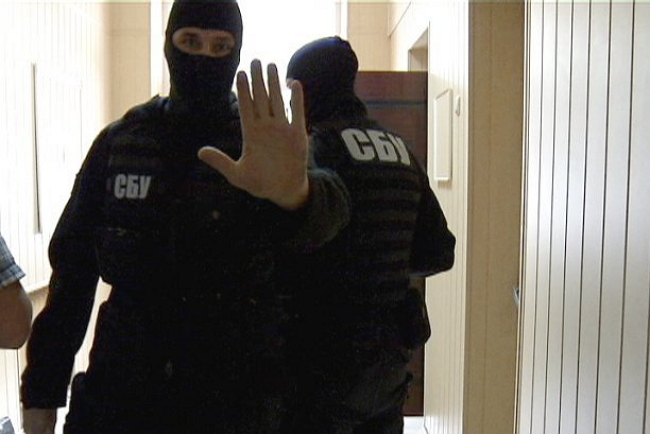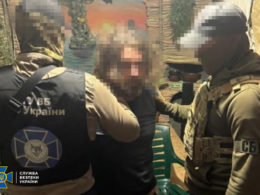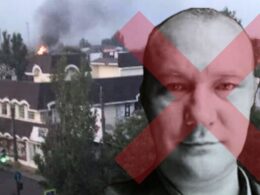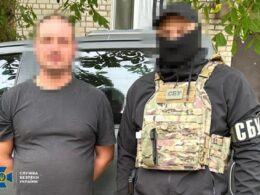Human rights advocates from ZMINA warn that Ukraine's collaborationism laws conflict with international humanitarian norms, potentially criminalizing essential work in occupied areas. The legislation lacks clarity on which activities under occupation are prosecutable.
In 2022, Russian forces occupied portions of Ukraine's Kharkiv, Kherson, Zaporizhzhia, Kyiv and Chernihiv oblasts. While Ukrainian troops later liberated significant areas, the aftermath saw a surge in trials against those who allegedly collaborated with occupying forces.
As of June 2024, the Security Service of UKraine (SBU) has registered 9,179 criminal cases for collaboration, with 1,442 verdicts recorded. Most convictions (484) relate to publicly denying Russian aggression.
ZMINA's legal analyst, Onysiia Syniuk, notes that a third of sentences involve social media activity, mainly on the Russian platform Odnoklassniki.
“While more serious cases are emerging, such as voluntary work in occupation administrations, the focus remains on easily prosecuted infractions,” she comments.
Concerningly, the register includes cases against emergency service and municipal workers. Only two acquittals have been recorded since 2022. Syniuk criticizes law enforcement and judiciary for rarely considering coercion in occupied territories or suspects' intentions.
“That is why lawmakers should provide for a clear distinction between actions that support life in the occupied territory and actions that threaten national security”, the expert adds.
Currently, at least 16 draft laws related to collaborationism have been registered in the Verkhovna Rada of Ukraine, but most of them do not address the problems identified by human rights defenders. Moreover, nine of the draft laws propose to increase criminal liability for collaboration with the enemy.
Despite 16 draft laws on collaborationism in parliament, most fail to address these issues. Nine even propose harsher penalties. The experts caution that this approach may alienate Ukrainians in occupied regions who fear being labeled collaborators.
Read more:
- Three Russian informants sentenced for espionage against Ukraine - SBU
- SBU nabs artillery spotter who gave Russians coordinates of schools for “intimidating strikes”
- SBU detains Russian agent who formerly commanded a Ukrainian special operations center
- SBU detained Motor Sich aerospace company's president
- Ukraine arrests two collaborators who committed arson during Russian occupation of Kyiv Oblast





